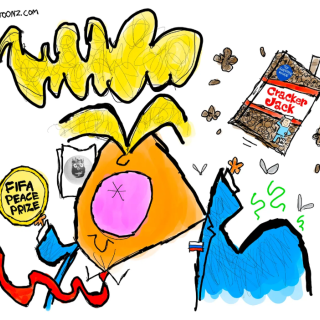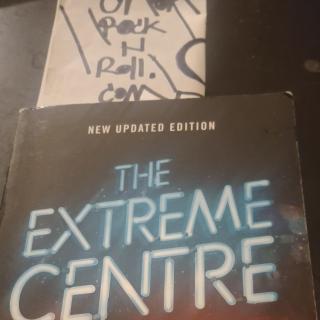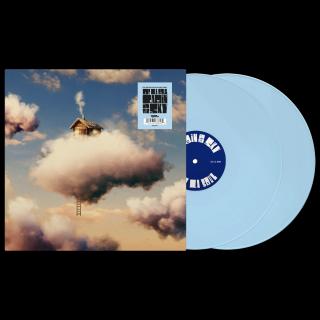Advertisement
After a high-ranking North Korean official requests asylum, KCIA Foreign Unit chief Park Pyong-ho (Lee Jung Jae) and Domestic Unit chief Kim Jung-do (Jung Woo Sung) are tasked with uncovering a North Korean spy, known as Donglim, who's deeply embedded within their agency. When the spy begins leaking top secret intel that could jeopardize national security, the two units are each assigned to investigate each other. In this tense situation where if they cannot find the mole, they may be accused themselves, Pyong-ho and Jung-do slowly start to uncover the truth. In the end, they must deal with an unthinkable plot to assassinate the South Korean president.
Taking place in the 80s against the backdrop of a cold war between the two Koreas, "Hunt" tells an engrossing tale of a spy agency conducting a smoke out operation to root out a mole. Understanding that the film takes place in the 80s, the set is designed to match the era down to even the smallest detail. Although the circumstances surrounding the film are based on actual events in history, the story itself is a work of fiction in its entirety.
Two high-ranking agents are pitted against each other to find the mole first, and the psychological tension becomes palpable as they attempt to hunt down each other. KCIA agents Park Pyong-ho and Kim Jung-do are at the core of this exhilarating espionage story. Park’s crucial mission to bring in a high-profile defector goes awry due to a leak by the mole, and he puts everything else aside in order to find the said mole. On the other hand, Kim is given a mission to investigate everyone within the agency without prejudice. His prime suspect is none other than Park and his unit. Both agents suspect each other, and tension fills up the screen as they duel it out. More importantly, as their secrets get exposed one by one, they're faced with a massive plot to assassinate the South Korean president in a series of unpredictable events.
It's important to keep the situations faced by Pyong-ho and Jung-do at a dangerous level, and to have them constantly competing against each other. The reason for this is that once their ultimate goals in the third act of the film are revealed, the energy added by this plot twist will provide one of the film’s main points of attraction. Jung-do to start out very cold and level-headed and end as a fiery character. Bang Joo-kyung (Hys-jin Jeon) is the only cheerful character in the film. Cheol-seong (Heu Sung-tae) is a loyal servant of the dictator. He looks like someone who acts without realizing that he’s been brainwashed. Jo Yoo-jrong (Go-Yoo-Jung) doesn’t appear in many scenes, but she’s a character who’s most tightly connected to the subject matter of this film. She’s depicted as a character who distrusts the older generation, but ironically finds an answer to her life from Pyong-ho.
As the film goes into the second half, we recognized them as people who thought deeply and cared about future generations. The DOP and gaffer both want to portray and express each character’s desires differently. They film wants to pay attention to even the shadows at the edge of the frame. The psychologically warfare between the two leads is impressive as they fall into a deep dilemma over their own principles.
In term of genre, "Hunt" is an espionage action film, and it tells the story of people who feel conflicted regarding their beliefs and principles. The plot is very complicated. We often come to believe distorted truths through skewed perspectives in the media and in education, which brings us into conflict with the opposition. There are people in the world who profit from our conflict, and it’s obvious what they get out of it, but what about the rest of us?
In the midst of the information overload that we experience in this world, including fake news, one wonders if certain organizations or even the government may be trying to incite us through ideology, or if harsh restrictions are making us conform to tyranny. In order to protect an ideology, a system or profits, endless wars are fought all over the world. What kind of ideology, system and profits permit these acts of violence? False instigations are evolving so that now we accept them without skepticism. Must we uphold an ideology that permits violence for reasons related to difference or to competition? This film is an effort to stop the wrongdoing of such an era. Our properly aligned conscience and just self-awareness must contribute towards stopping conflict and violence, so that we do not leave these ill legacies behind for the next generation. (5,5)







